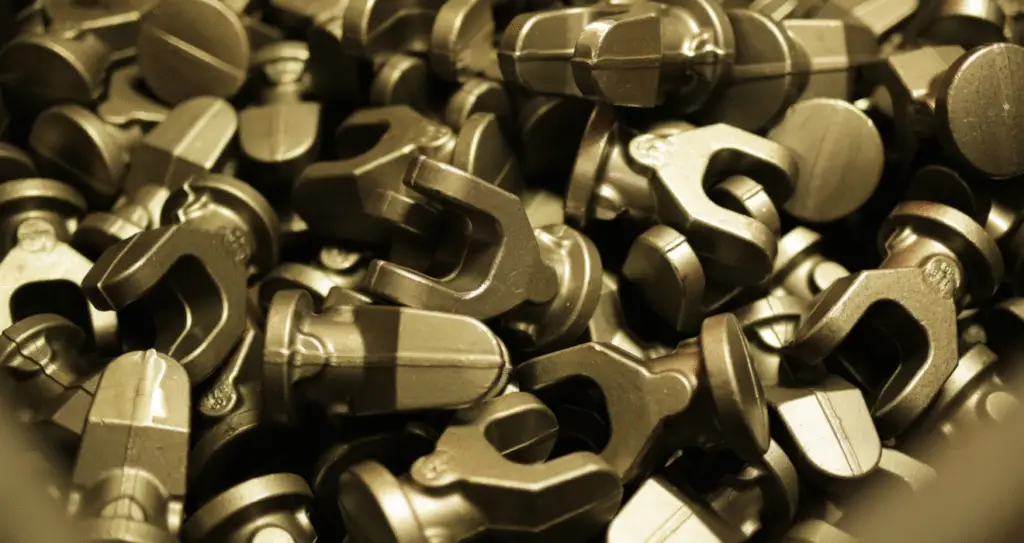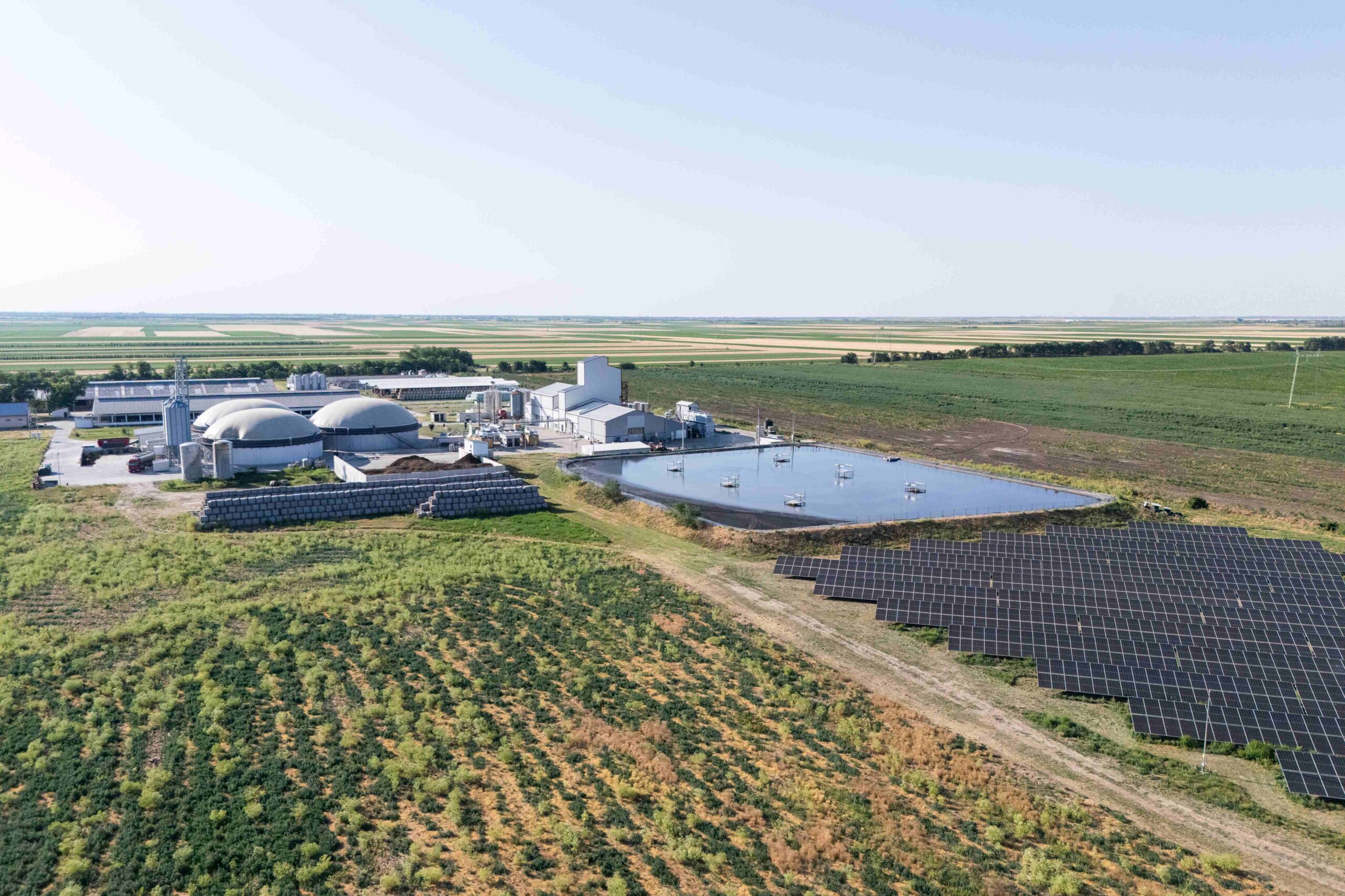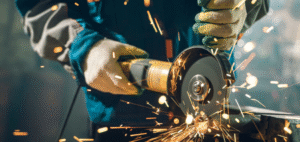Major Key Benefits of Choosing a Reliable and Trustworthy Forging Parts Manufacturer
Forging is a time-tested method that shapes and molds metal using localized compressive forces. It’s the major component of many industries requiring strong, powerful, durable, and precision-engineered parts. You’re in the auto manufacturing industry, aerospace, or heavy machinery sector, and choosing a trustworthy forging parts manufacturer is crucial in maintaining product integrity and operational efficiency.

Quality Matters in Forged Parts
Low and poor quality forged parts can lead to equipment failure, significant delays, and financial loss as well. A well-known forging manufacturer uses advanced forging techniques, processes, and top-grade raw materials. This ensures high-strength and durable components that perform reliably well under pressure. Good quality practices further make defects and errors negligible, which boosts the longevity of machinery.
Industries That Depend on Forged Parts
Numerous sectors heavily rely on forged components for their high-performance needs. For example:
- Automotive: Crankshafts, axles, and gears are frequently forged to withstand extreme stress.
- Aerospace: Components for aircraft engines demand exceptional strength and resistance to fatigue.
- Oil and Gas: Valves and fittings must endure severe conditions and changes in pressure.
- Agricultural Equipment: Durable forged parts improve reliability and reduce maintenance needs.
In all these industries, accuracy and durability are essential. Therefore, collaborating with a dedicated forging company is important.
Selecting the Appropriate Forging Parts Manufacturer
An experienced forging parts manufacturer delivers more than just components; they offer comprehensive solutions. Seek out companies that:
- Hold ISO certifications.
- Have capabilities for in-house tooling and design.
- Provide options for custom forging.
- Ensure strict production tolerances.
These attributes and characteristics indicate and signalize the commitment to quality and flexibility, both of which are essential in custom or high production runs.
Materials Most Commonly Used in Forging
The performance of the product is greatly affected by the selection and choice of raw ingredients. A lot of forging manufacturers provide:
Steel is composed of carbon
Steel composite (alloy)
Stainless steel
Aluminium (Al)
Ti (titanium)
Every material has a unique use and value in forging. As an example, carbon steel alloy is a good solution for the automobile and heavy equipment industries, while titanium (Ti) has the greatest potential for the aerospace sector. Based on your purpose, usage, and load requirements, an honest, educated manufacturer helps you pick the perfect raw component.
Advantages of Working with a Certified Forging Partner
Working with a competent manufacturer has numerous benefits:
Consistency: Reproducible mechanisms make sure each component fulfills requirements.
Cost-efficiency: Savings come from decreased material waste and enhanced output.
Speed: Your products will reach the market quicker if you have shorter lead times.
Customization: having the ability to create complex patterns per design specifications.
Skilled collaborators also assist in finding design enhancements, cutting wasteful expenses, and improving component performance.
Forging vs. Other Manufacturing Methods
Compared to casting or machining, forging offers superior strength and fatigue resistance. The grain flow of forged parts follows the shape of the part, significantly improving durability. This is particularly important in high-stress environments. In contrast, cast parts may contain porosity or defects, making them less reliable.
Modern Innovations in Forging Technology
The forging industry has evolved with advancements like:
- Closed-die forging for better precision
- Automated forging lines for increased output
- Computer-aided design (CAD) for prototyping and simulations
These innovations reduce error, speed up production, and improve part accuracy. When selecting a manufacturer, always inquire about their technological capabilities.
Sustainability in Forging
Today’s forging plants are increasingly adopting eco-friendly practices. These include:
- Energy-efficient furnaces
- Recycled raw materials
- Emission control systems
Partnering with a green forging company not only helps the environment but also aligns with global sustainability standards—a growing requirement in many industries.
What to Ask Before Partnering with a Forging Manufacturer
Before finalizing a partnership and selecting your forging manufacturing partner, ask these important questions first:
- What is your minimum and maximum production capacity, and the time required to manufacture?
- Will you be able to handle rapid prototyping?
- After forging, are there special treatments like treatment with heat or machining?
- Which quality control standards do you employ while forging materials?
- Will you provide samples so that the quality of the material may be evaluated before mass production?
- These basic questions help you ascertain whether the manufacturer can meet both your present and potential requirements and expectations.
These basic questions help evaluate whether the manufacturer can meet your current and future needs and demands.
Final Thoughts
Selecting the right forging parts manufacturer can exponentially impact and influence your product’s durability and performance, and your company’s reputation. You’re scaling operations or developing a new product, the quality of your forged parts must be a top and important priority. With technological advancements and innovations, material expertise, and sustainability practices in place, the forging industry is well-equipped to meet modern industrial demands and requirements.








Post Comment